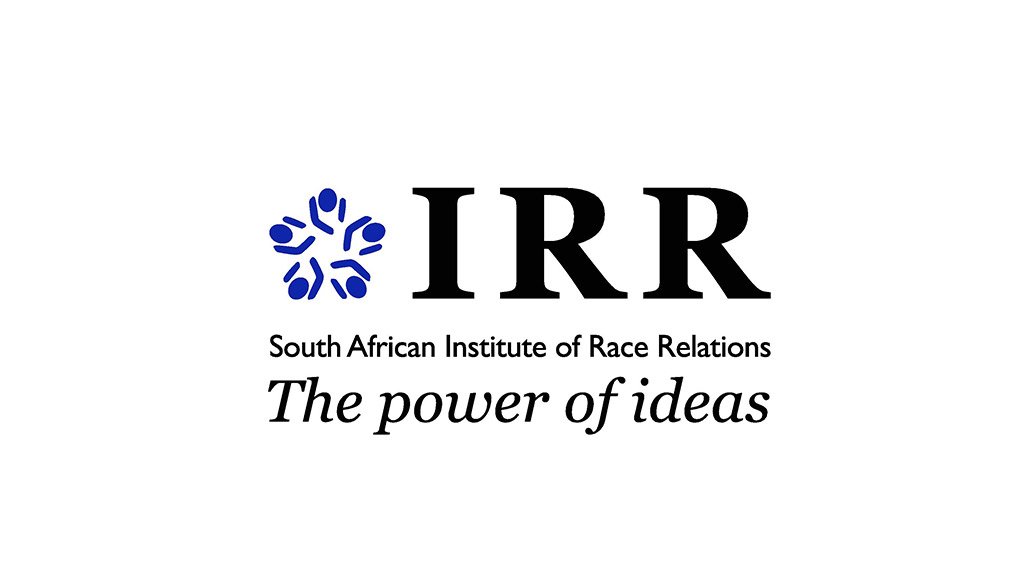Many predictions of the future have turned out to be wrong. In 1955, for example, Alex Lewyt, the president of a company that made vacuum cleaners, predicted that within ten years vacuum cleaners would be nuclear powered. As recently as 2007, former Microsoft CEO Steve Ballmer confidently asserted that there was ‘no chance’ that the iPhone would gain significant market share. Niels Bohr – or whoever it was who said it – was right in saying: ‘Predictions are difficult, especially about the future.’
Despite the hazards of crystal-ball gazing, our Republic’s First Citizen recently joined the ranks of those who believe they know what awaits us a few years hence. And, like Mr Lewyt and Mr Ballmer, President Cyril Ramaphosa is likely to join those whose predictions have been proved incorrect.
Speaking at a recent conference held at the Council for Scientific and Industrial Research (CSIR) President Ramaphosa said that, by 2025, all South Africans will be covered by the National Health Insurance (NHI), the government’s scheme to provide quality healthcare for all.
The President may be right in saying all South Africans will be covered by the scheme, but it is an open question whether it will be the kind of coverage that anybody would want.
Minister of health Dr Aaron Motsoaledi has said that NHI is the ‘land question’ of the health sector. Indeed, like the land issue and the government’s proposed policy of Expropriation without Compensation (EWC), solutions to South African healthcare are based in populism rather than sustainable outcomes.
The NHI will effectively result in the nationalisation of the private healthcare sector. All South Africans will be obliged to pay into NHI without being able to opt out. Medical aids will still (for now) be allowed, but will be limited to covering only certain conditions (such as haemophilia).
Many people will be unable to afford a medical aid scheme once they have met their obligation to contribute to NHI, which will lead to the inevitable closure of many medical schemes. This brings to mind another problem around NHI – nobody is sure how much it will cost. We at the Institute of Race Relations (IRR) estimate that is likely to cost about R1 trillion. Worryingly, when questioned about the costs of the scheme, Dr Motsoaledi said it was impossible to work out and that the government and National Treasury would have to find the money.
Without higher levels of economic growth the burden of financing the scheme will fall on taxpayers, who are already under strain. In order to fund the scheme it seems inevitable that there will be increases in personal tax rates, as well as value-added tax (VAT).
The goal of ensuring quality healthcare for all is a noble one, but it is an open question whether the government will be able to implement it. It has already proved itself to be poor at running most entities under its control, ranging from Eskom and the national airline, SAA, to most of the country’s municipalities.
The IRR will be releasing a document soon which documents a litany of negligence and incompetence at the country’s public healthcare facilities. The most prominent recent incident is the Life Esidimeni tragedy, where more than 100 mentally ill people died after being sent to ill-equipped centres in a disastrous attempt to deinstitutionalise them. As Mark Heywood of Section 27 noted, this tragedy was because of corruption, a breakdown of accountability and a culture of impunity in government. The NHI won’t solve that problem.
However, the Life Esidimeni catastrophe is only one of many similar incidents in which people have died or become disabled because of negligence and poor care. In one case, a baby had to have an arm amputated as a result of complications following the incorrect insertion of a drip. At Charlotte Maxeke Hospital, patients on dialysis were put at risk due to a shortage of purified water because the tank that performed this task was broken. Some hospitals, especially in rural areas, suffer from shortages of food, or breakdowns of basic appliances, such as washing machines. This is a very small selection of the problems identified by the IRR report. In the main, these problems are not because of a lack of resources, but mismanagement, no consequences for mismanagement, and corruption.
The NHI – which will be a bureaucracy that manages the healthcare needs of every single South African – would be a management challenge for any state in the world. For a country like South Africa, where the state often performs poorly, it is hard to see how an undertaking of this nature will be a success.
The government needs to rethink its hostility to the private sector. The only way to expand quality healthcare for South Africans will be through working with the private sector, not against it. As things stand, President Ramaphosa may be right about his 2025 prediction. But it will likely be a hollow victory – without changes to the proposed NHI legislation, South African healthcare will be in dire straits seven years hence, with the worst consequences being felt by the poorest and most vulnerable.
Written by Marius Roodt, campaign manager at the Institute of Race Relations (IRR), a liberal think tank that promotes economic and political freedom. If you agree with what you have just read then click here or SMS your name to 32823.
EMAIL THIS ARTICLE SAVE THIS ARTICLE ARTICLE ENQUIRY
To subscribe email subscriptions@creamermedia.co.za or click here
To advertise email advertising@creamermedia.co.za or click here











